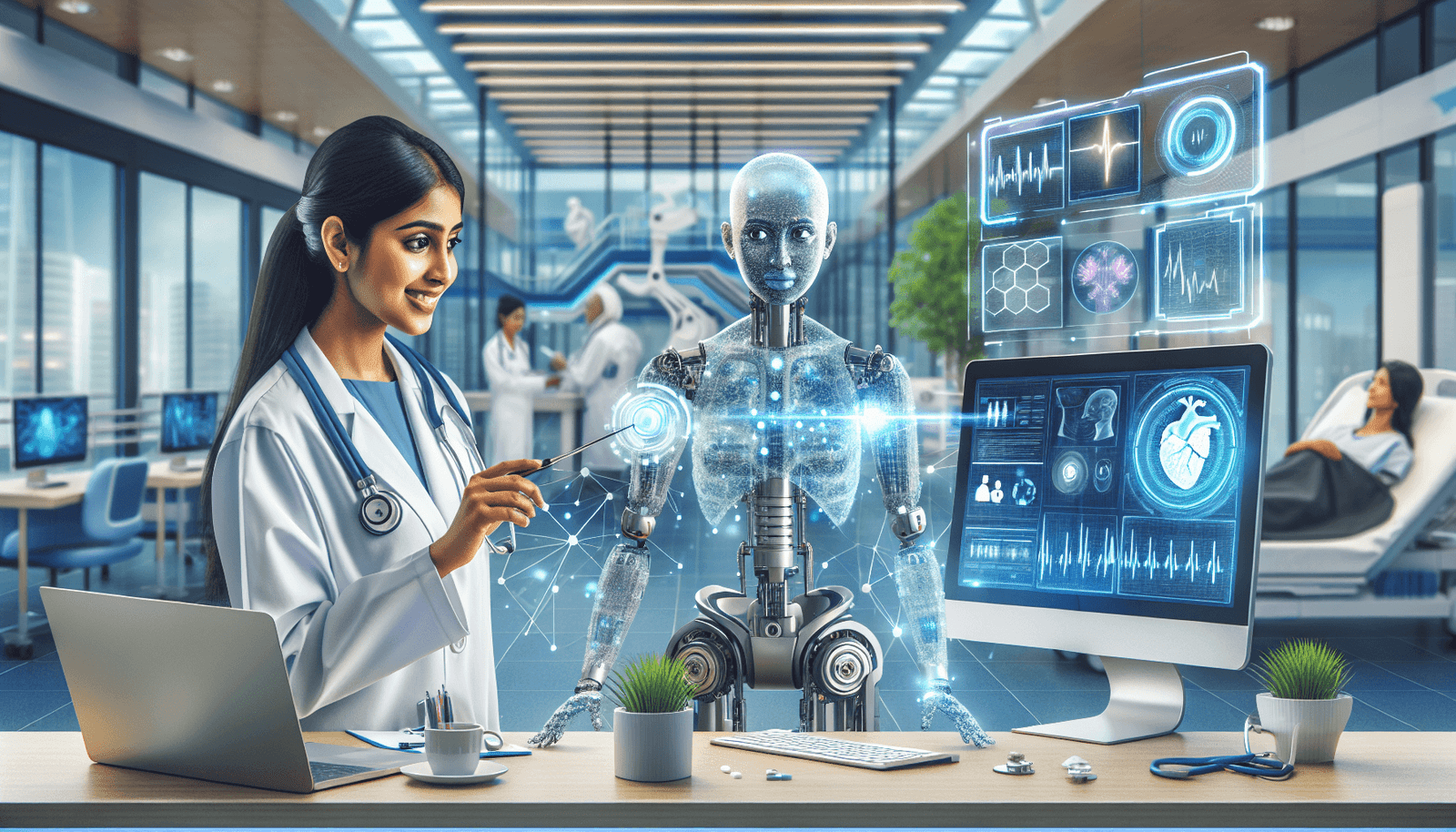Artificial Intelligence Revolutionizes Healthcare, Says Former AHS Chair
The healthcare industry is on the brink of a transformation, and one of the key players in this evolution is artificial intelligence (AI). According to insights from a former chair of the Alberta Health Services (AHS), the potential applications of AI in healthcare are vast and promising. In this blog post, we will explore how AI is set to revolutionize healthcare, the benefits it brings, and the challenges that lie ahead.
Understanding the Role of AI in Healthcare
Artificial intelligence refers to the simulation of human intelligence processes by machines, particularly computer systems. In healthcare, AI systems analyze complex medical data and assist in making significant decisions. Here are some areas where AI is making an impact:
- Diagnostics: AI algorithms can evaluate medical images and suggest diagnoses faster and more accurately than traditional methods.
- Patient Management: AI can streamline administrative tasks, freeing healthcare professionals to spend more time with patients.
- Drug Discovery: Machine learning accelerates the process of discovering new drugs by predicting their interactions and effects based on existing data.
- Personalized Medicine: AI helps tailor treatment plans based on an individual’s genetic makeup and other factors.
The Advantages of AI in Healthcare
The integration of AI into healthcare offers numerous advantages, making it an essential component for the future of medicine. Here are some key benefits:
- Improved Accuracy: AI technologies can reduce human error in diagnostics and treatment planning, leading to better patient outcomes.
- Enhanced Efficiency: By automating routine tasks, AI allows healthcare providers to focus on more complex patient needs.
- Cost Reduction: AI can significantly lower operational costs by optimizing resource allocation and minimizing waste.
- Better Patient Experience: With more time spent on personalized care, patients are likely to feel more valued and attended to.
Challenges in Implementing AI in Healthcare
Despite the promising benefits, there are several challenges to overcome when integrating AI in healthcare systems:
- Data Privacy: Protecting sensitive patient data is paramount, and AI systems must comply with regulations like HIPAA.
- Integration Issues: Merging AI technologies with existing healthcare systems can be complex and costly.
- Training and Adoption: Healthcare professionals need proper training to utilize AI tools effectively.
- Bias in AI: If AI systems are trained on biased data, it can lead to inequalities in healthcare delivery.
The Future of AI in Healthcare
The former AHS chair expresses optimism about the future landscape of healthcare, driven by AI technologies. As AI continues to evolve, it holds the promise of enhancing patient care and operational efficiency. Here are some potential developments to look forward to:
- Telemedicine Expansion: AI can enhance remote healthcare services, making quality care accessible to more people, especially in rural areas.
- Predictive Analytics: AI systems might predict health issues before they arise, paving the way for preventive care strategies.
- Collaborative Healthcare: AI can facilitate better communication among healthcare providers, ensuring coordinated patient care.
Conclusion
The insights shared by the former chair of AHS underscore the transformative potential of AI in healthcare. As the industry navigates the challenges and embraces the opportunities that come with technological advancements, one thing is certain: the future of healthcare will be significantly influenced by artificial intelligence. For those interested in diving deeper into the impact of AI on healthcare, consider checking out additional resources such as the Office of the National Coordinator for Health Information Technology and World Health Organization’s perspectives on AI.
Join the conversation about AI’s revolutionary role in healthcare and stay informed as we move toward a more innovative future in medicine. The integration of AI is not just an option; it is becoming a necessity for improving the way healthcare is delivered to patients worldwide.







